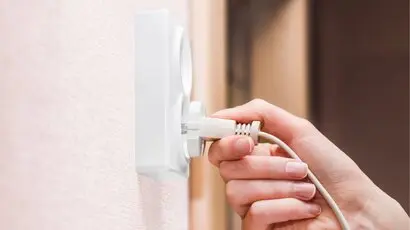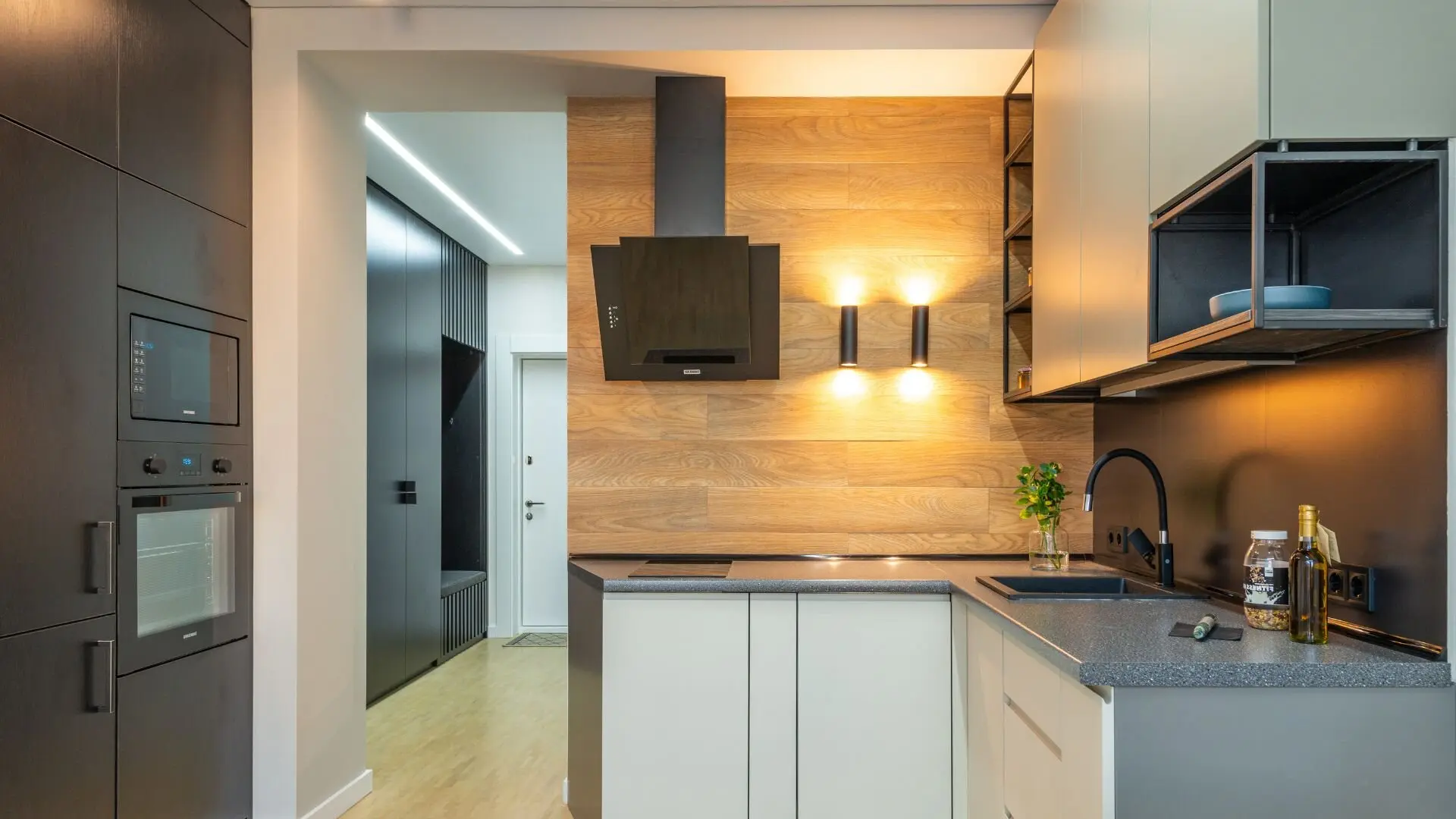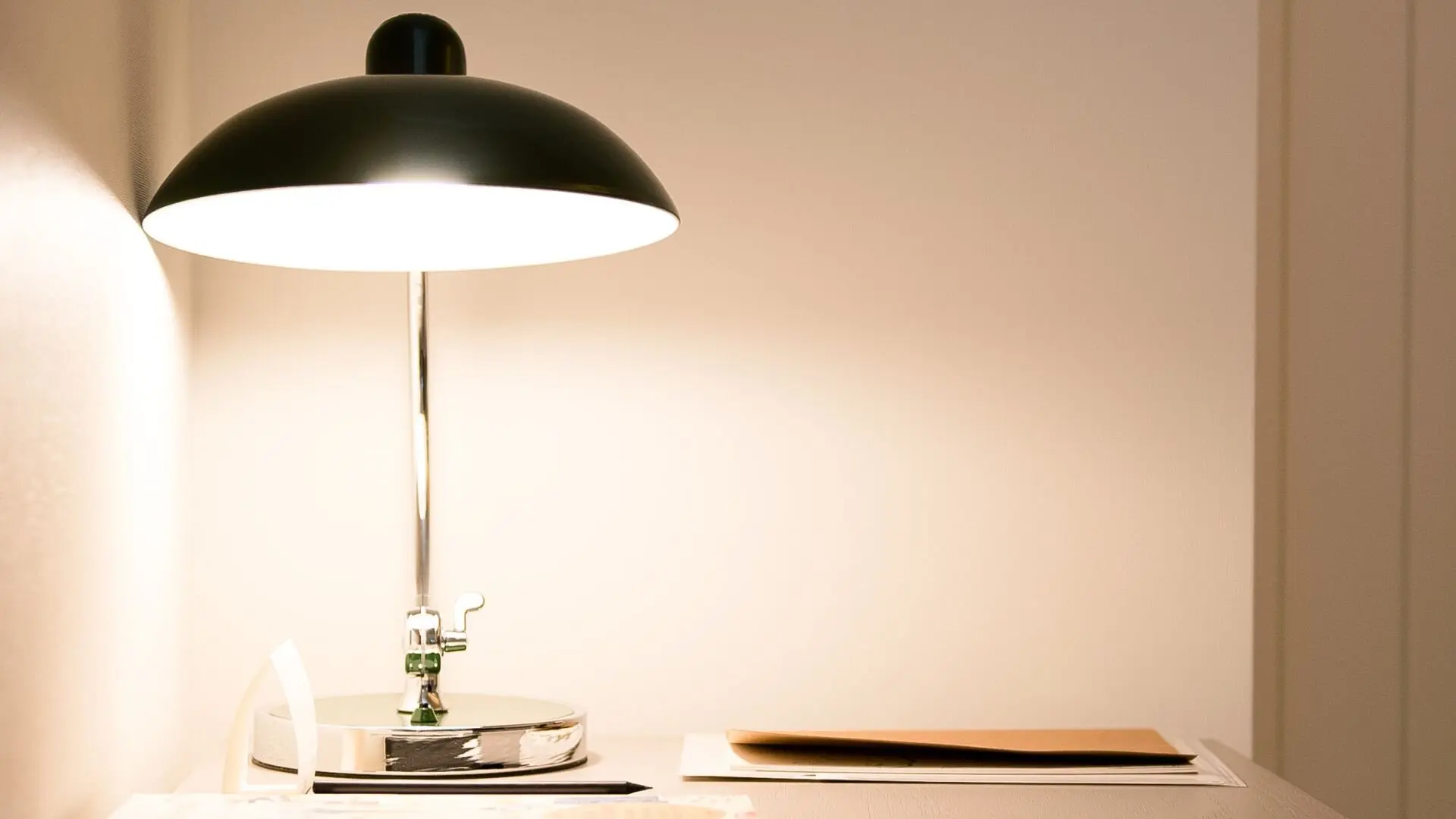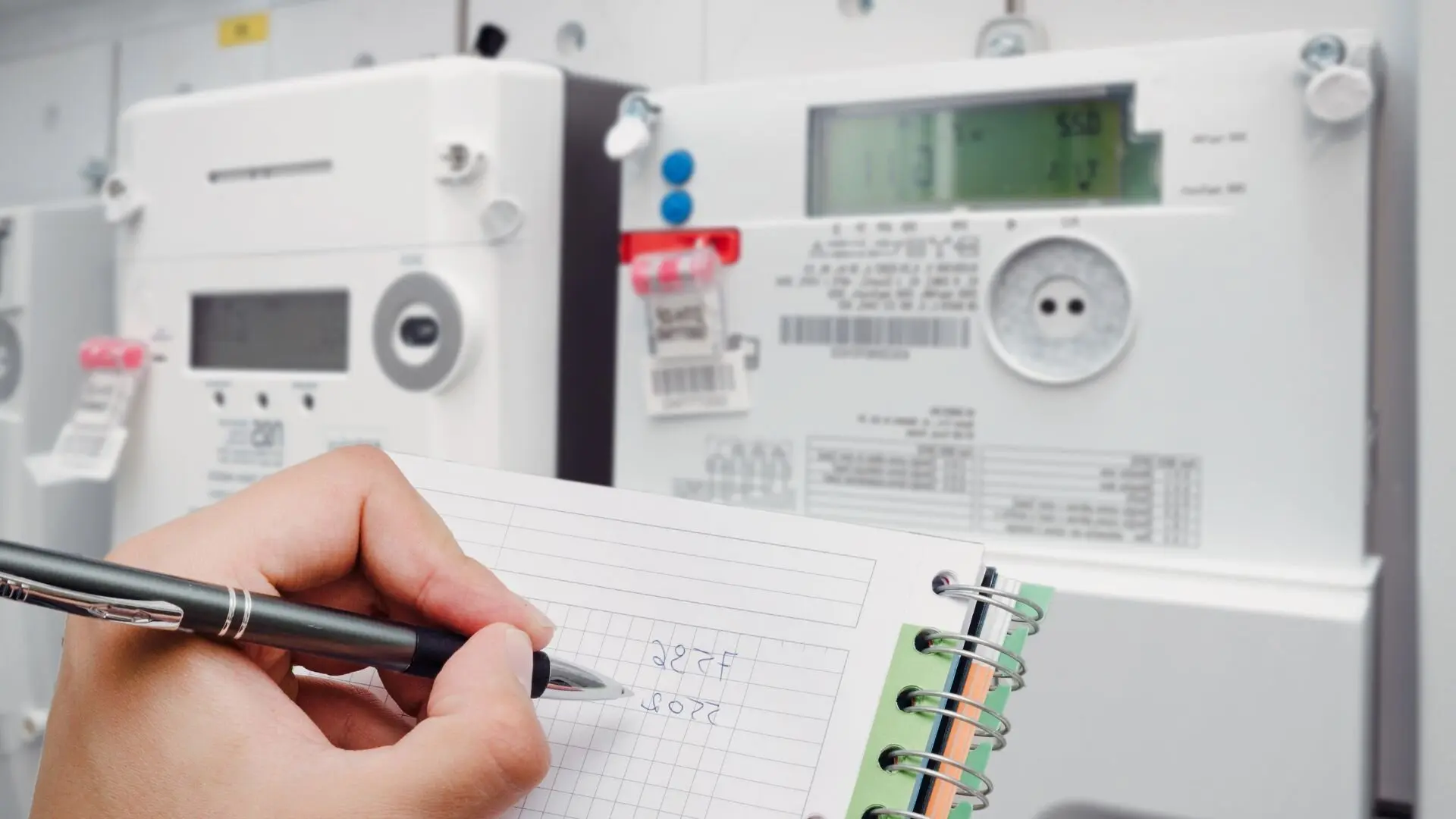
Get your free Melbourne Electrician quote today!
Our team of Melbourne Electricians is here to help you with any questions or concerns you may have. We’re committed to providing you with the best possible service and support.
Looking to cut down on your home’s electrical usage? This guide offers simple and effective tips to help you save energy and lower your bills. Learn how to make your household more energy-efficient with practical steps that deliver real results.
In 2023, the Australian Energy Regulator reported that the average household energy consumption varies significantly with family size. For a household of three, daily usage is about 18.71 kilowatt-hours (kWh) . This increases to 21.355 kWh for four people and 25.43 kWh for families of five or more.
Reducing electricity usage isn’t just about being kind to the environment; it’s also about saving money. When families cut back on power, they can lower their carbon footprint while enjoying cheaper energy bills. In this piece, we’ll explore practical methods for curbing electricity use at home, offering benefits for your bank account and the planet.
Analysing Your Energy Usage
Getting a grip on your energy consumption is the first move towards cutting it down. By conducting an energy audit or using smart meters, you can effectively track your usage patterns .
These tools help reveal how much energy your household uses and pinpoint peak times.
Smart meters, in particular, offer real-time data that can highlight inefficiencies and reveal which appliances are energy hogs .
Identifying high-energy appliances is crucial, as these often contribute the most to your electricity bill.
By pinpointing these devices, you can make informed decisions about upgrading to more efficient models or adjusting usage habits. This analysis is essential for crafting a targeted approach to lowering your overall energy consumption.
Energy-Efficient Appliances
Switching to energy-efficient appliances is a savvy way to cut down on power use. Let’s dive into some standout examples and technologies that can make a real difference.

High Energy Rating Appliances
Choosing appliances with high energy ratings can significantly reduce electricity usage. In Australia, the Energy Rating Label helps consumers identify efficient models .
For instance, refrigerators, washing machines, and dishwashers with higher star ratings consume less power over time. A 5-star rated fridge can use up to 30% less energy than a 3-star model , leading to both environmental and financial benefits.
Impact of Inverter Technology
Inverter technology in household electronics has revolutionised energy efficiency. Unlike conventional models, inverter appliances adjust power consumption based on demand .
Air conditioners and refrigerators with inverter technology consume less electricity by maintaining a consistent temperature without repeatedly turning on and off. This not only enhances performance but also extends the lifespan of the appliance.
Embracing inverter technology is a smart choice for households looking to lower their energy bills and minimise their carbon footprint.
Lighting Choices

Switching to LED lighting provides substantial benefits, not only saving energy but also reducing environmental impact.
LED bulbs are far more efficient than traditional incandescent and CFL bulbs. They use up to 75% less energy and last 25 times longer than incandescent bulbs . Compared to CFLs, LEDs have a longer lifespan and contain no mercury, making them safer and more eco-friendly. The initial cost of LEDs is higher, but their durability and efficiency result in long-term savings.
To further reduce reliance on artificial lighting, maximise natural light. Arrange furniture to allow light to flow freely through windows and use light-coloured paint to enhance brightness. Installing skylights or using mirrors to reflect sunlight can also help illuminate your home naturally. By combining LED lighting with smart use of natural light, you can significantly cut down on energy consumption.
Heating and Cooling Practices
Efficient heating and cooling are essential for reducing energy consumption. Here are some practices to consider.
Optimal Thermostat Settings
Getting your thermostat settings right is key for energy efficiency. In winter, try to keep it between 18-20°C, and during summer, aim for 24-26°C . Every extra degree of heating or cooling can bump up energy use by about 5-10% .
Using programmable thermostats can help maintain these temperatures automatically, ensuring comfort and efficiency.
Utilising Ceiling Fans
Ceiling fans are a cost-effective way to enhance heating and cooling. In summer, fans create a wind-chill effect, making rooms feel cooler without lowering the thermostat. In winter, reverse the fan’s direction to distribute warm air evenly throughout the room.
This allows you to rely less on air conditioning and heating systems, saving energy and costs .
Importance of Insulation
Proper insulation is vital in maintaining indoor temperature and reducing energy usage. Insulating walls, roofs, and floors minimises heat loss in winter and keeps your home cool in summer.
Seal gaps around windows and doors to prevent drafts .
Effective insulation ensures that heating and cooling systems work efficiently, maintaining comfort while conserving energy.
Smart Home Technology
Smart home devices can significantly reduce electricity consumption by offering enhanced control and monitoring. Smart thermostats learn your schedule and adjust temperatures automatically, ensuring efficient energy use.
Energy-efficient plugs allow you to monitor and control devices remotely, preventing standby power wastage. Automated lighting systems, like smart bulbs, can be programmed or controlled via apps to turn off when not needed, optimising usage.
With these technologies, you get real-time insights into your energy use, helping you make informed decisions to cut costs and lessen environmental impact.
Daily Habits and Practices
Embracing simple daily habits can seriously reduce your energy use. By unplugging devices when they’re not in use, you avoid phantom energy drain, which can notably affect your electricity bill. Washing clothes in cold water is another easy win, as heating water eats up a lot of energy. These small, consistent changes really add up over time, helping to lower your bills and leading to a more sustainable way of living.

Renewable Energy Solutions
Incorporating renewable energy sources, such as solar panels, offers substantial benefits for households. Solar systems can supplement energy needs, reducing reliance on the grid and lowering electricity bills .
Many governments offer incentives and rebates for solar installations, making it more affordable to adopt this clean energy solution. By investing in solar power, households can decrease their carbon footprint and contribute to a sustainable future.
A Greener Tomorrow with WP Electrical
For those seeking comprehensive solutions to reduce energy consumption, professional services offer invaluable support. WP Electrical is committed to helping households transition to more sustainable practices. By conducting detailed energy audits, they identify inefficiencies and provide tailored recommendations for improvement. This ensures that your home operates at optimal energy efficiency.
WP Electrical specialises in installing energy-efficient systems, including advanced lighting solutions and smart home technologies .
Their expertise ensures that installations are both effective and seamlessly integrated into your home. Whether upgrading to LED lighting or setting up smart thermostats, WP Electrical provides reliable, expert services.
Embrace the opportunity to create a greener tomorrow by partnering with WP Electrical. Their team of experienced professionals is ready to assist with all your General Electrical needs , ensuring your home is both energy-efficient and safe. Contact WP Electrical today to start your journey towards a more sustainable and cost-effective household.
Published by: Pascal Harb17 October 2025